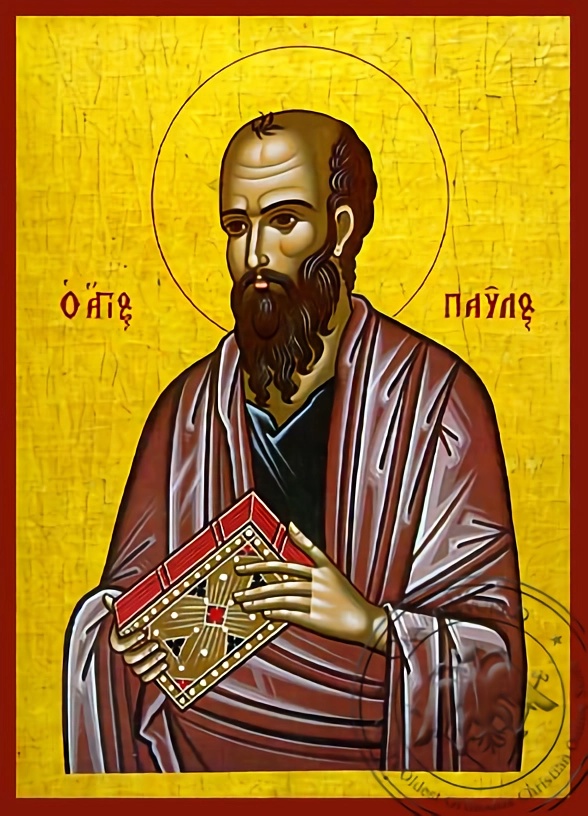1 Corinthians 1:10-18 2025/08/03 Osaka Church
In the name of the Father, and the Son, and the Holy Spirit
The mission of the Holy Apostle Paul in Athens was a miserable failure (Acts 17). When he spoke about the death and resurrection of Jesus, the learned philosophers and the “wise” people who gathered in their circles. Some laughed, some said, “We will hear about this again some other time.” Paul wrote to the Corinthians, “The world did not know God by its own wisdom, but in the wisdom of God, for God has determined that by the foolishness of preaching, he should save those who believe” (1 Corinthians 1:21).
Today, the situation is not much different. As long as you talk about Christianity as history, culture, teachings, and spirituality, people will listen with interest. However, if you were to speak directly, saying, “The Lord forgave our sins on the cross, and on the third day rose from the dead to give us life,” the room would freeze in awkward silence. They would say, “I could have nodded along to something like ‘the existence of God,’ but not when you go that far.”
The letter by Paul, which was just read, says this:
“The message of the cross is foolishness to those who are perishing, but to us who are being saved, it is the power of God.”( 1 Corinthians 1:18)
The early church, which spread the Gospel at a rapid pace, had a foolishness that risked its life, not caring about “awkward silence” or even execution or torture. It was “the power of God” (1 Corinthians 1:18). It is the same today. Without this foolishness, no matter how much “Orthodox culture” such as hymns and icons is introduced, at best it will create a frothy boom. The “power of God” will not work.
The foolishness of missionary work is not just in words. It is the “foolishness of believing” in the cross and resurrection of the Lord as our own salvation, and also the “foolishness of living” in Christ. It is the foolishness of continuing to live as the person the Lord showed us, loving no matter how many times we fail, never giving up, and living as the person the Lord showed us when he was lifted up on the cross.
In fact, there was factional fighting in the Corinthian church where Paul taught this foolishness, and the unity of love between the believers was being broken. After severely rebuking this (1 Cor. 1:10-16), he preached about this “foolishness.” He called for us to testify to the Savior (Christ) by living the love of the cross to this world that does not believe in love.

